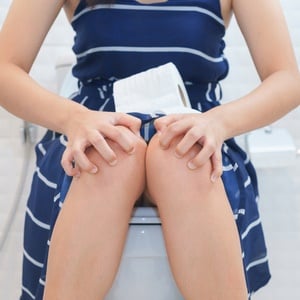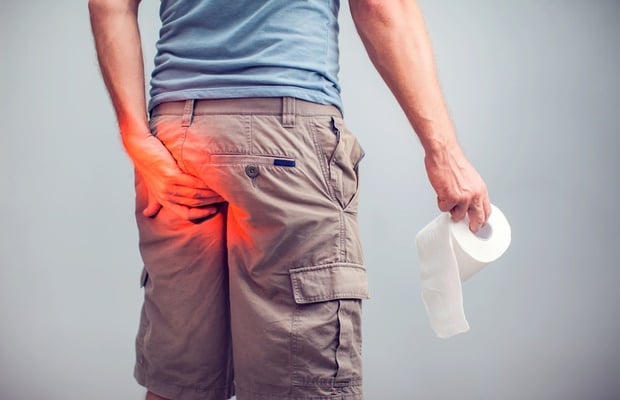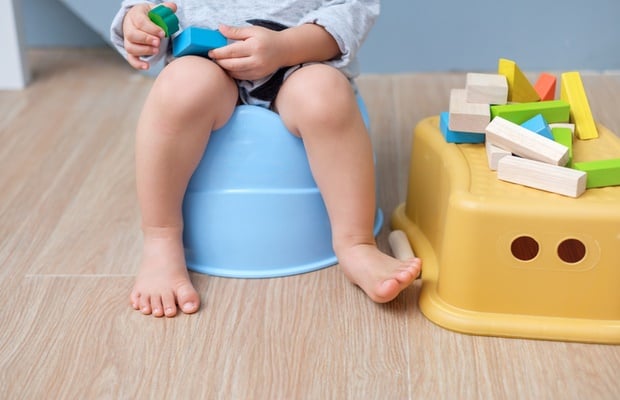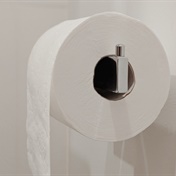
Suffering from constipation? Don’t worry – it's a common ailment. In fact, about 80% of people will experience constipation in their lifetime.
While constipation usually clears up by itself or through simple over-the-counter treatments, such as laxatives, or dietary measures, such as a higher intake of fibre, it can become serious if not treated effectively.
Persistent constipation can have nasty side effects and some of them can be downright dangerous:
1. Haemorrhoids
Haemorrhoids are a common, yet unpleasant side effect of constipation. With the extra pressure on and straining of the rectal area, the veins in the area start to swell abnormally. Blood pools under the skin and forms painful lumps. According to Health24, haemorrhoids can either develop internally (inside the lower rectum) or externally (near the opening of the anus).
Treatment: Treatment is prescribed according to the extent of the haemorrhoids. Your doctor may prescribe a topical ointment and possibly a stool softener to help treat the constipation.

2. Torn skin (anal fissures)
The straining and pressure of constipation can cause the skin surrounding the rectal area to develop tiny fissures. This can cause rectal bleeding and pain during bowel movements. Blood passed through these fissures will usually be bright red. You may also experience itching. While any rectal bleeding is cause for concern, anal fissures will heal within one to two weeks if constipation and strain can be resolved.
Treatment: If anal fissures don't clear up on their own, your doctor may prescribe an ointment to relieve pain and itching.
3. Faecal impaction
Prolonged constipation carries the risk of causing faecal impaction – the dangerous event where the faeces get hard and build up inside the colon or rectum. When left untreated, faecal impaction can lead to other health problems pertaining to the digestive system. Faecal impaction can cause symptoms such as severe abdominal pain and bloating, vomiting and nausea.
Treatment: If the impaction is severe, it may require physical removal of the faeces by a doctor. According to an article published in Clinics in Colon and Rectal Surgery, a doctor can also prescribe medication to soften the stool and attempt to evacuate the stool with enemas and suppositories.
4. Rectal prolapse
This is a less common, but serious side effect of chronic constipation. Rectal prolapse occurs when the rectum turns itself inside out and protrudes through the anus.
Symptoms of rectal prolapse include pain in the lower abdomen, possible bleeding and the physical protrusion of the rectum through the anus.
Treatment: According to Cleveland Clinic, the treatment of rectal prolapse depends on the severity. When rectal prolapse is still in the early stages, surgery is not necessary and the rectum will retract on its own, but in severe cases, surgery will be considered.
5. Faecal incontinence
Faecal incontinence is the involuntary release of faeces and the loss of control over bowel movements. This can be a side effect of serious constipation due to the fact that constant straining causes weakness of the rectal muscles and even nerve damage. A physical blockage caused by dry, hard stool (faecal impaction) causes the muscles to stretch and watery stool deeper in the digestive tract will seep around the hardened stool mass.
Treatment: Your doctor will prescribe laxatives or will possibly treat you for the faecal impaction that's causing the incontinence. For weakened muscles, bowel training and pelvic strengthening exercises may be recommended.
6. Fatigue
Fatigue often goes hand in hand with constipation. This can signal that your constipation might be the underlying cause of another medical problem. Your constipation can also cause fatigue because of malnutrition. When your colon is holding on to toxic waste, your body has a harder time absorbing nutrients from food.
Treatment: Regular exercise and a healthy, fibre-rich diet may help. Your doctor may also prescribe treatment for the constipation.
7. Encopresis
Encopresis is a condition that occurs mostly in toddlers past the stage of toilet training. This entails the uncontrolled emptying of bowels somewhere other than the toilet. A child may also fear sitting on the toilet. This condition can be brought on by constipation as a child, associating constipation with pain. According to Kids Health, children may deliberately hold on to a bowel movement in fear of experiencing the pain felt during constipation – leading to accidents outside the bathroom.
Treatment: A doctor will treat the child for constipation by prescribing a suitable laxative and adding more fibre to the diet, but behavioural therapy, such as scheduling toilet time can also be an option.

Image credit: iStock




 Publications
Publications
 Partners
Partners
















